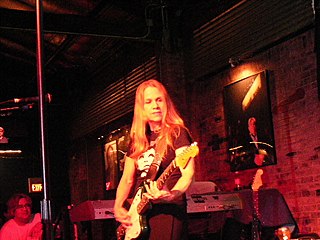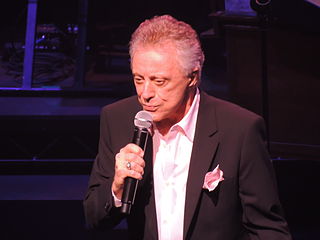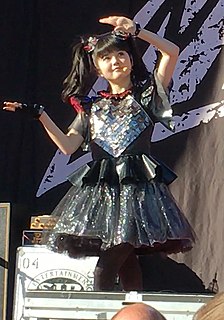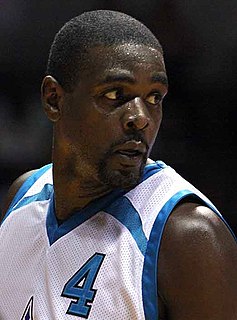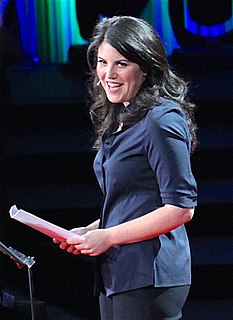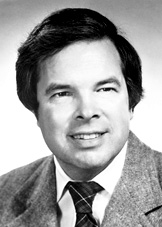A Quote by Charlotte Caffey
We were approached by Alison Ellwood about the idea of doing a documentary. At first, we were a bit nervous because we didn't want it come across as a salacious 'Behind The Music' kind of thing. Alison did such a great job. It really puts perspective on things.
Related Quotes
Alison [McGhee] and I have known each other since the summer of 2001. One evening we were sitting around talking about how we wished we had a good story to work on. Alison said: Why don't we work on a story together? I said: A story about what? And Alison said: A story about a short girl and a tall girl.
I was over at Alison's [McGhee], I think we were playing Scrabble. I remember we were both complaining - yeah, we sound like whiners - about how hard writing is, and how we didn't have a story to work on. Alison said, 'Why don't we work on writing something together,' and I said, 'Eh, I don't know if I could work that way.' She said, 'Well, just show up here and we'll see,' and I said, 'Well, what would it be about?' She said, 'Duh, it'd be about a tall girl and a short girl.' So I agreed to come and try it for a day.
Dawes kind of, on purpose, were like, "Let's realize that we're going to make less money, but let's try to get as many fans from as many kind of demographics as we can." And I feel really lucky that our music exists in this world where we can open for artists like M. Ward or Bright Eyes, and then on the same side of that open for Alison Krauss.
I remember kind of doing early acting and thinking, 'God, they don't paint behind the sets.' It's a bit of a shame, really - 'Oh, what's on the other side of this wall? Oh, you can see the plywood.' I was really disappointed. I just thought that these things were real, from watching things as a kid.
I remember kind of doing early acting and thinking, "God, they don't paint behind the sets." It's a bit of a shame, really - "Oh, what's on the other side of this wall? Oh, you can see the plywood." I was really disappointed. I just thought that these things were real, from watching things as a kid.
When I'm representing my music live I think of it very much in a rock band sense. When I first started doing festivals in the 90s there really weren't other DJs playing the stages I was playing. So I felt I was being afforded an opportunity to kind of make a statement about what DJ music can be live. In the 90s, if you were a DJ you were in the dance tent, and you were playing house music and techno music. There was no such thing as a DJ - a solo DJ - on a stage, after a rock band and before another rock band: that just didn't happen.
